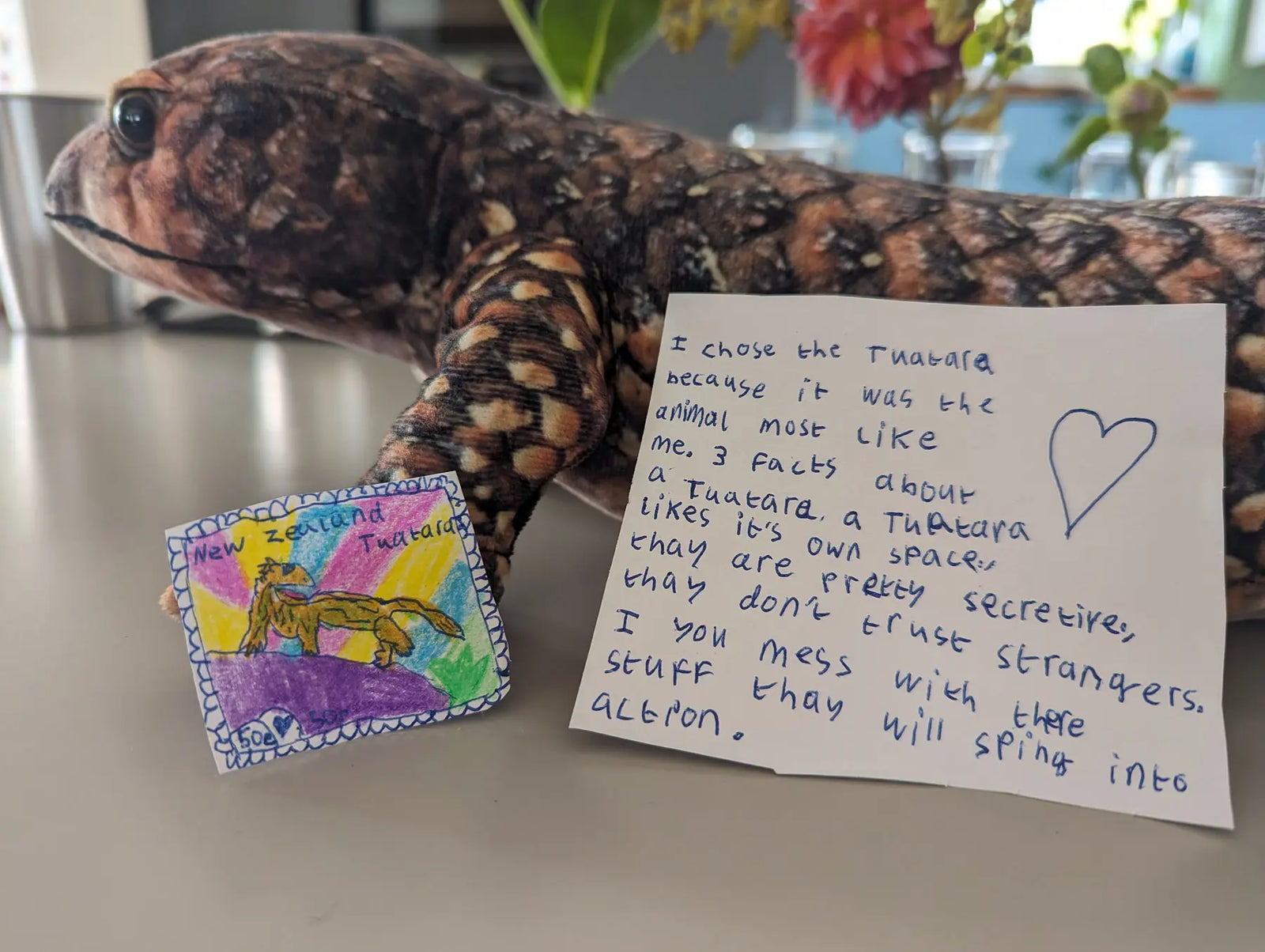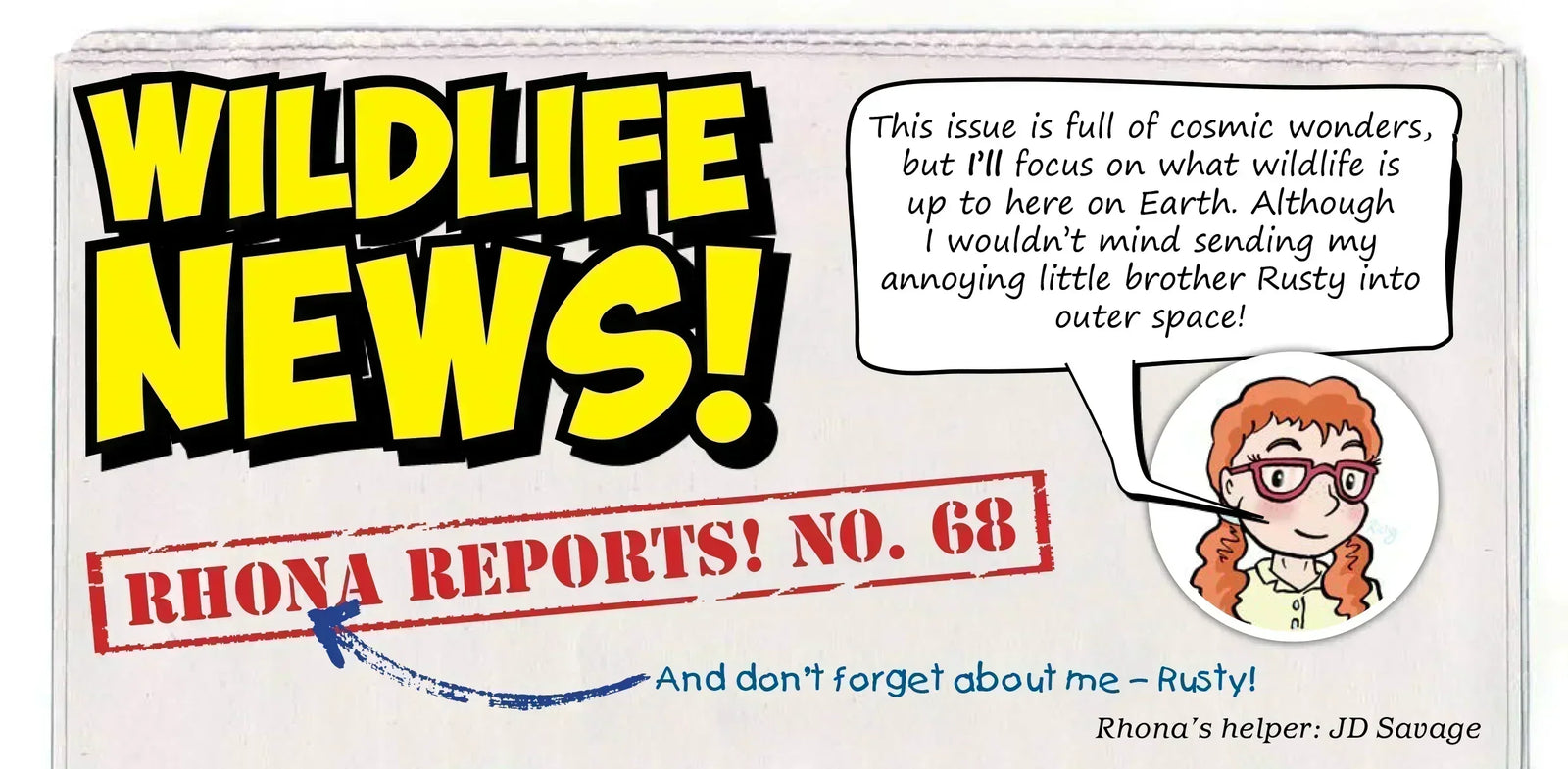Your Cart is Empty
Missed the post? 🎄 Print an Eco Kids Christmas gift card – their Eco Kids adventure starts in January.
Missed the post? 🎄 Print an Eco Kids Christmas gift card – their Eco Kids adventure starts in January.
This little blue-green lizard certainly lives up to its name. But its gorgeous good looks are one reason why this rare reptile is disappearing from its African home. Let's find out why...
 Geckos are a small type of lizard. There are about 1,500 different species in the world. They’re well-known for their amazing climbing skills. Some geckos have special grippy pads on their toes. They can climb up smooth and vertical surfaces, including glass!
Geckos are a small type of lizard. There are about 1,500 different species in the world. They’re well-known for their amazing climbing skills. Some geckos have special grippy pads on their toes. They can climb up smooth and vertical surfaces, including glass!

This gecko’s attractive colour also makes it a very popular pet. Thousands of them have been taken from the wild and sold for the pet trade – even though this is illegal. They are often called electric blue day geckos. Sadly, the number of turquoise dwarf geckos in the wild has fallen so much that this scarce species is now critically endangered. This means it’s at real risk of going extinct.
 Turquoise dwarf geckos are only found in Tanzania, a large country in East Africa. They live in just a few patches of tropical forest at the bottom of the Uluguru Mountains. This area covers less than 8km – that’s about 200 times smaller than London!
Turquoise dwarf geckos are only found in Tanzania, a large country in East Africa. They live in just a few patches of tropical forest at the bottom of the Uluguru Mountains. This area covers less than 8km – that’s about 200 times smaller than London!
These tiny reptiles live at the tops of screwpine trees. One tree might be home to a single family of geckos, including a male, one or more females and a few young.
The turquoise dwarf gecko’s forest habitat is disappearing because:
 Tim Skelton is the Curator of Reptiles at Bristol Zoo, where they keep and breed these rare geckos. He says: “We need to protect what is left of the geckos’ forest habitat, plant more screwpine trees for them to live in and stop poaching.”
Tim Skelton is the Curator of Reptiles at Bristol Zoo, where they keep and breed these rare geckos. He says: “We need to protect what is left of the geckos’ forest habitat, plant more screwpine trees for them to live in and stop poaching.”
If that can be done, this little lizard’s future will look a lot brighter.
Thinking of getting an exotic animal as a pet? The RSPCA recommends that you find out as much as you can about what the animal needs and whether you will be able to look after it properly. Some animals grow very large, live for a long time or require expensive equipment. You also need a special licence to keep some species as pets.
If you do buy an exotic pet, it’s very important to make sure that it hasn’t been taken from the wild – the person selling it should be able to show you proof of this. You can find more information at www.rspca.org.uk/adviceandwelfare/pets/other

Diurnal: Active during the day.
Exotic: Rare or more usually found in the wild.
Poaching: Illegally catching or killing wild animals.
Enjoyed reading this feature? Find out more about mini animals in issue 80 - Tiny Wildlife.
Comments will be approved before showing up.
What an incredible fleet of rockets you launched into our inbox this month! Each design showed a different way to turn everyday scraps into something extraordinary. Some rockets looked ready for deep-space exploration, others carried alien crews, and a few were so beautifully decorated they could ha...
Meet the winners of our New Zealand postage stamp competition and explore a gallery of brilliant children’s designs celebrating Aotearoa’s unique wildlife.
Here’s a sneak peek straight from our latest issue of Eco Kids Planet, Wonders Beyond Earth. Wildlife News is where Rhona and Rusty round up the wildest real-world stories from across the planet. Enjoy the read! 🌎 Amazing Photo Entries! The Wildlife Photographer of the Year team gave me a sneak...



